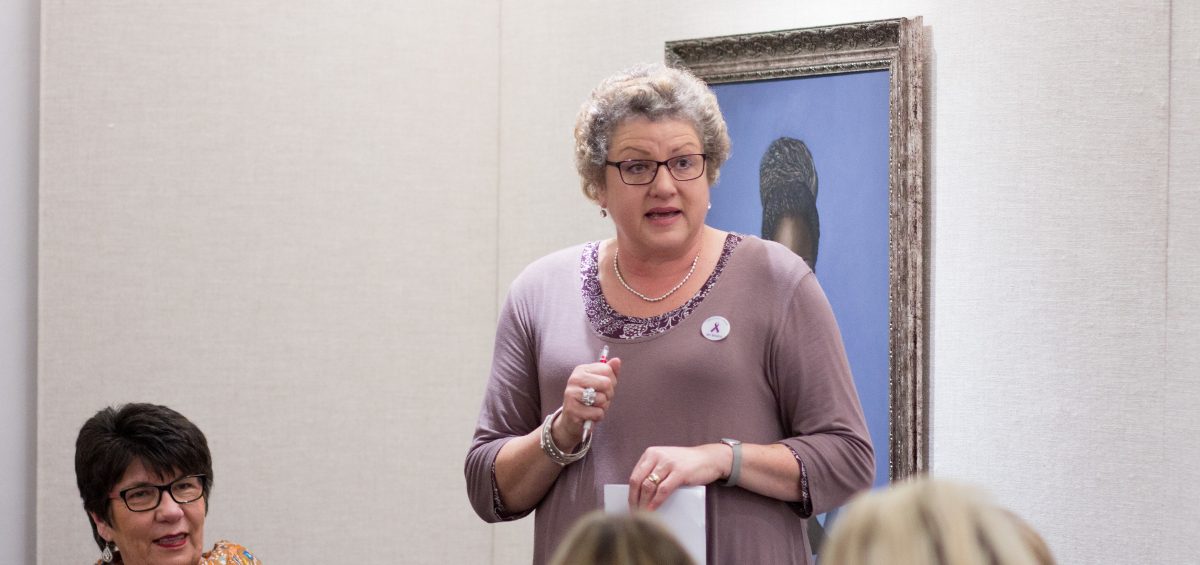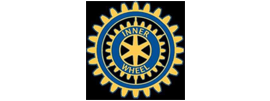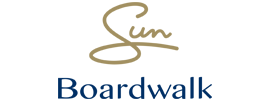Yokhuselo Haven, the first shelter in the Nelson Mandela Bay, established in 1988, is dedicated to helping women and their children who are affected by domestic violence.
Are you experiencing abuse? Reach out for help!
Chat to us
Connect with us and feel free to call now.
Contact: 076 312 7730
Learn more
What is abuse?
Controlling behaviour of one person over another.
We're here to help!
Safe temporary home
We provide a safe temporary home to women and their children who are affected by domestic violence.
The duration depends on an individual assessment of each person.
The duration depends on an individual assessment of each person.
Necessities
We provide the basic needs of women and their children who are affected by domestic violence such as food, clothing, access to health facilities and procurement of protection orders.
Counselling
We provide counselling to abused women and children to help cope with the short and long-term emotional trauma of domestic violence.
Skills Training
We empower women by teaching them work-related skills, so that they can become financially independent and create a stable future for themselves and their children.
Community Training / Education
We provide a free training service educating the broader community on topics related to domestic violence including members of the South African Police Services (SAPS), relevant non-governmental organisations (NGOs) and victim support centres. The training includes basic counselling skills, law and women’s rights, self-defence, first-aid, police and court procedures.
Awareness
What is abuse?
Abuse is a pattern of controlling behaviour of one person over another.
Financial and material abuse
- Takes your money.
- Being kept short of money.
- Steals your clothes and possessions and sells them.
- Spends most of the money and you have insufficient funds to support the family.
- Unrealistic expectations on how the money should be spent.
- Your partner keeps information about your joint financial information hidden.
Physical and sexual abuse
- Slapping, punching, kicking or hitting
- Injuries may result in hospitalization or death
- Rapes or forced sex with others
Psychological abuse
- Partner is jealous and possessive
- Partner who makes accusations of unfaithfulness
- Isolation from family and friends
Verbal abuse
- Being told that you are stupid and worthless.
- Nothing you do is right.
- Frequently shouts and swears.
- Living with your partner is terrifying, not knowing when your partner will explode.
Typical Signs of Abuse
If you are worried that your friend or family member is being abused, then assess your loved one closely for the following signs. If any of the following applies, then you may be right:
Signs of abuse
- Repeated bruises, broken bones or other injuries are ostensibly caused by ‘falls’ or accidents
- Children afraid of their father may be abused by him
- Mothers who are being abused can also abuse their children
- Complaints of vague fears, anxiety or depression
- Excessively withdrawn or quiet
- Being afraid of partner
- Being criticized or put down in front of others
- Hiding bruises with long-sleeved or high-necked tops in warm weather
- Heavy make-up, or sun glasses, hats or scarves at inappropriate times
Myths About Abuse
Typical Myths About Abuse
Abuse only in poor families
- There is no proof of this.
- Research has shown that abusers come from all walks of life and from all backgrounds.
Alcohol & drugs are to blame
- These can make abuse worse, but they do not cause abuse.
- This also does not explain why the same man may abuse women when he is sober, or why men who do not drink or take drugs, abuse.
Both partners are to blame
- Both contribute equally to the violence.
- It is true that some hit back in anger or self-defence.
- It’s also true that a small minority of men are abused by their female partners.
- The real problem is an unequal sharing of power.
- Generally, power is in the hands of men, and when this power is combined with sexual demands the victims are women.
His childhood is to blame
- Childhood trauma can create misery, but many abused children do not grow up to abuse others.
- Abusive behaviour is chosen because the abuser has learnt that it will ensure that he gets his own way.
Once abused, always abused
- An abused woman loses her confidence and self-esteem.
- However, many women who have been abused and worked through their feelings can form healthy relationships with men who don’t abuse them.
Women choose abuse
- Women originally choose partners whom they love and who claim to love them.
- They excuse a good deal in the hope that their partners will change.
- Any women can be abused, whether she comes from a dysfunctional family, suffers from low self-esteem or is a perfectly competent member of society.
- ‘Crazy’ behaviour is often a result of abuse, rather than a cause of it.
Support Us
Monetary Donation
Birthday Fundraiser
Once Off EFT or Cash Deposits
All donations welcome!
Once Off EFT or Cash Deposits
All donations welcome!
Adopt a Family
Choose a month that you would like to support a family, and on that month, each year you can support a family at Yokhuselo Haven for only R300.
About Yokhuselo Haven
Yokhuselo Haven, the first shelter in the Nelson Mandela Bay, established in 1988, is dedicated to helping women and their children who are affected by domestic violence.
At the time of its establishment, women had limited rights to protect themselves and their children against abuse. The first law to protect women, the Domestic Violence Act (1998), was only published ten years after the establishment of the centre. Therefore, the need for the organisation was critical at the time of its establishment, but sadly the need has not diminished.
Despite the passing of several laws to protect women and their children, the statistics on domestic violence continue to increase in South Africa. While the poor implementation of laws is yet to be addressed, women and their children remain in dire need of support including emergency shelter, information and legal guidance to help them escape the control of the abuser.
Yokhuselo Haven provides both short and long-term support and helps women achieve independence from the abuser.
At the time of its establishment, women had limited rights to protect themselves and their children against abuse. The first law to protect women, the Domestic Violence Act (1998), was only published ten years after the establishment of the centre. Therefore, the need for the organisation was critical at the time of its establishment, but sadly the need has not diminished.
Despite the passing of several laws to protect women and their children, the statistics on domestic violence continue to increase in South Africa. While the poor implementation of laws is yet to be addressed, women and their children remain in dire need of support including emergency shelter, information and legal guidance to help them escape the control of the abuser.
Yokhuselo Haven provides both short and long-term support and helps women achieve independence from the abuser.
Would you like to get involved?
If you would like to learn more about Yokhuselo Haven, our skills training or community training please feel free to get in touch!
Start Making A Difference Today - Contact Us



























